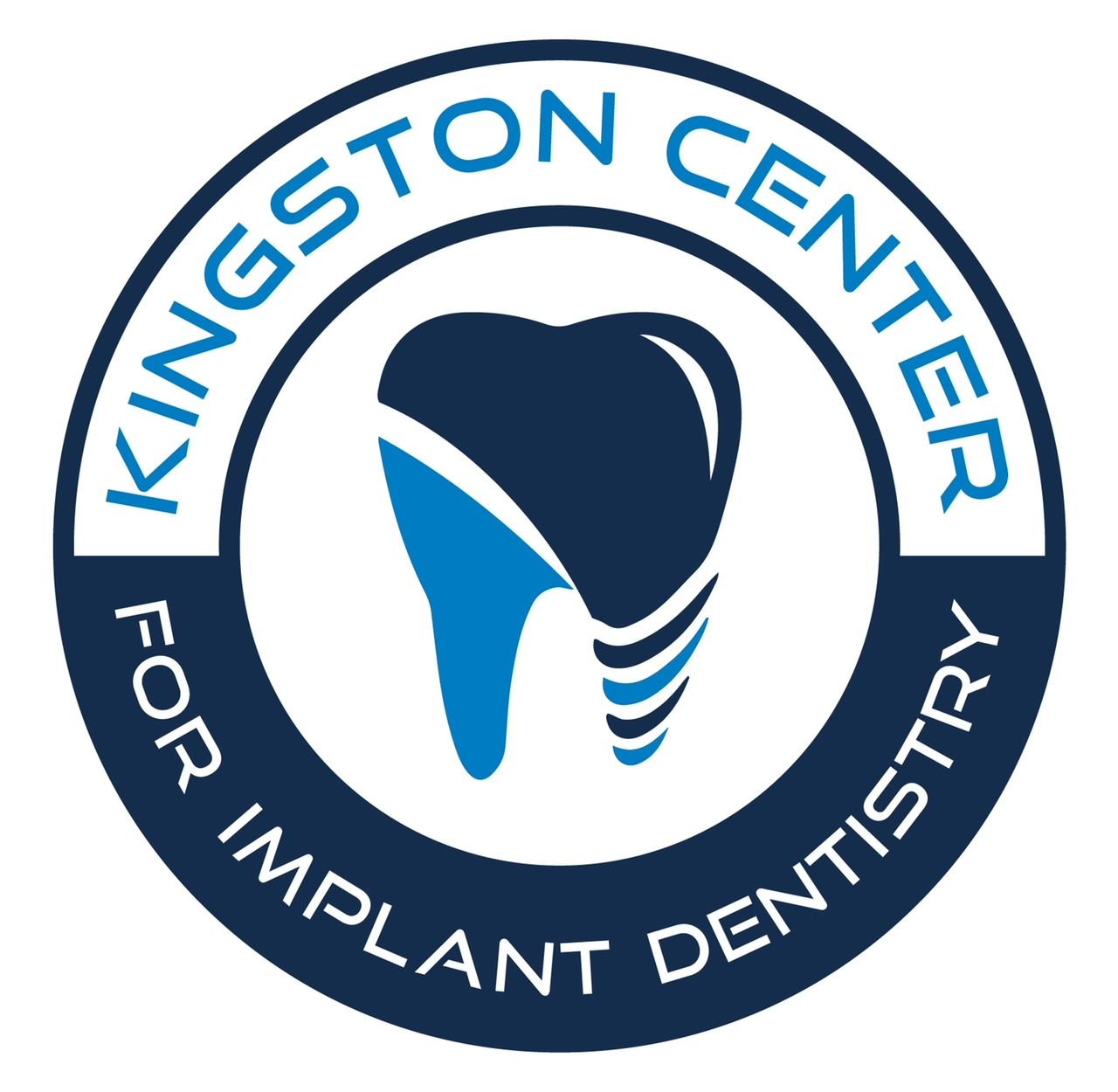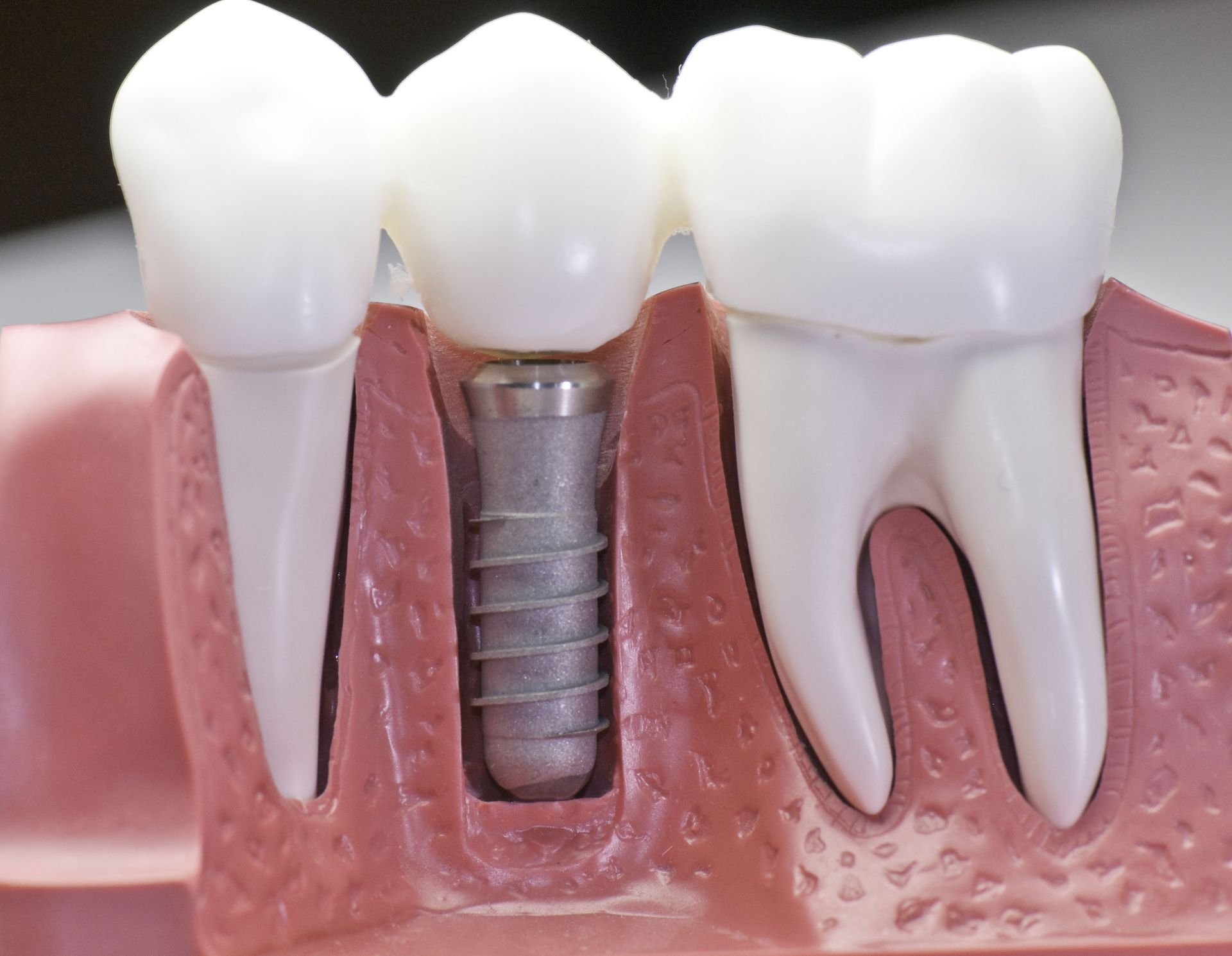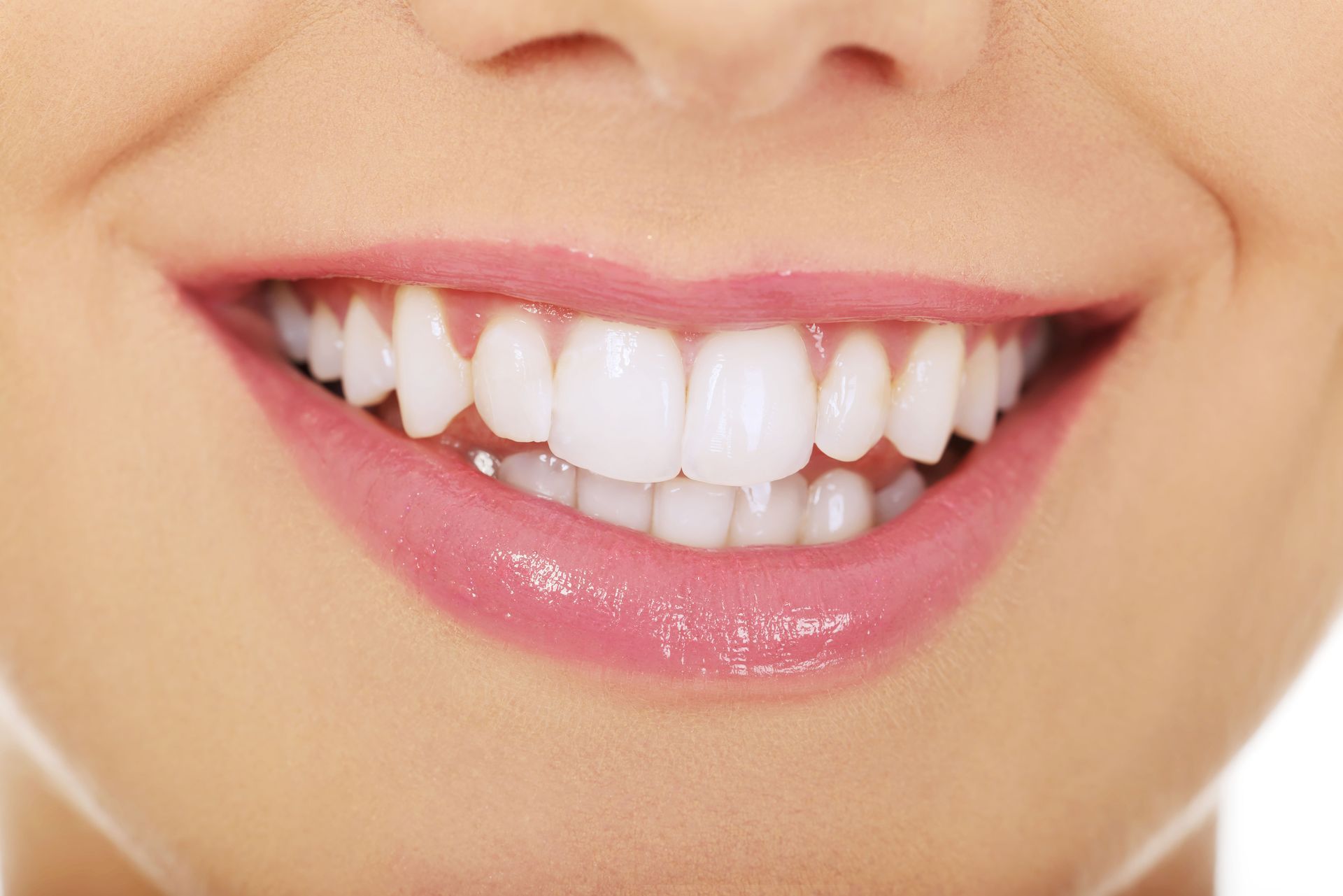Am I Eligible for a Dental Implant?
A person can lose permanent teeth for different reasons. Luckily, tooth replacement can help you restore your smile and confidence. A common tooth replacement procedure is dental implant surgery. However, various aspects may determine whether you qualify for the procedure or not. How do you know whether you are eligible for a tooth implant? Here are factors that may determine your eligibility.
Facial Development and Age
Typically, dental implants need patients to have a firm jaw foundation. For this reason, a change in size or shape of the jaw can be disastrous for the process. Many dentists may not conduct the procedure on clients under 18. However, an exception can be made based on a personal case after examining the development level of the patient's jaw. Fortunately, an upper age limit for a dental implant does not exist. The process can be conducted even for people aged 80 or older. Although it is common in older folks, dental implants are certainly available for middle-aged adults as well. In fact, according to The American Association of Oral and Maxillofacial Surgeons, approximately 69% of adults aged 35-44 have lost a permanent tooth. If you are one of those people, dental implants may be an ideal choice for you.
Jawbone and Gum Health
Jawbones and gums are significant when it comes to the success of a tooth implant. Typically, titanium dental implants are used during the process. They usually tend to function well for patients with general good health, including their gums and jawbone. Titanium implants are commonly used based on their functionality and durability. Although the process may not work for people whose jawbones are not dense enough to sustain the implant, oral surgeons may overcome this issue by grafting bone tissues from other body parts.
Gum tissue offers additional protection and support for implant roots. They also offer a platform for the crown to settle on. If you have gum degradation, it may limit you when it comes to dental implantation since it can be a periodontal disease symptom. Tooth implant candidates with the disease will likely continue to lose gum tissue unless they adopt significantly better dental hygiene habits. Gum disease can increase the risk of infection after the process.
Other Risk Factors
You may not be able to receive a tooth implant if you have a certain health condition or engage in certain habits. For instance, alcohol consumption and tobacco use can affect the healing of bone and gum tissue. Additionally, tobacco smoke causes dry mouth, enhancing the risk of infection. Avoiding such habits, including refraining from other recreational drugs, minimizes the chances of implant rejection.
Nowadays, technology and advanced knowledge have significantly transformed health practices, enhancing the success and safety of various processes. The above factors may determine your eligibility for dental implants. Call us at David Philip Young, DMD for more information.







Share On: